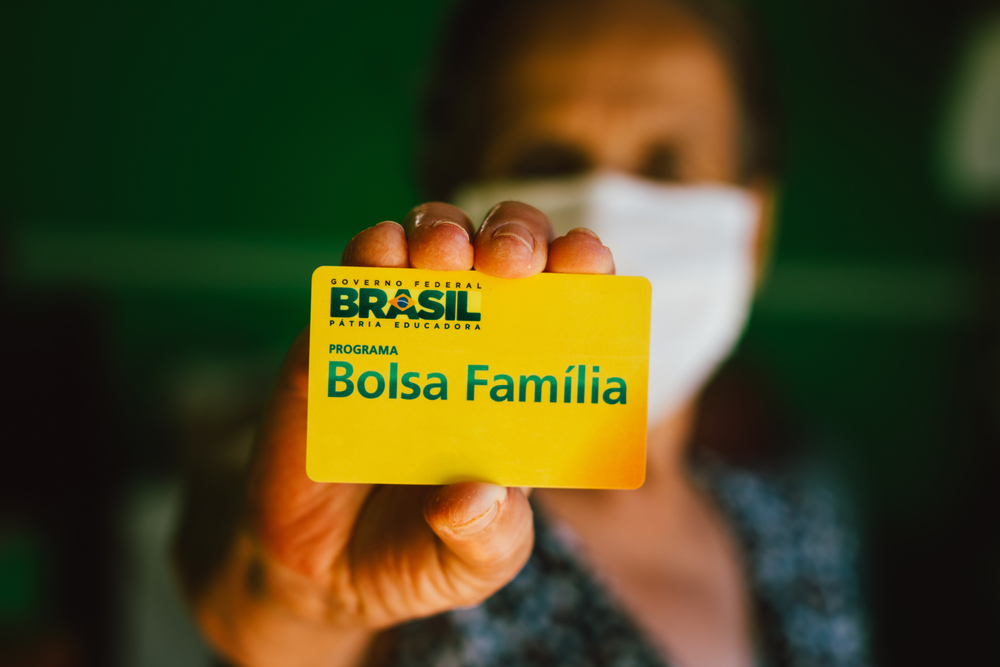Launched exactly 20 years ago last week, the Brazilian government’s world-famous Bolsa Família cash transfer program has seen unprecedented increases in benefits and budget this year, and is expected to lift more than 10 million people out of poverty.
While the first-ever Bolsa Família payment in October 2003 averaged BRL 73 (USD 14) per family for 1.15 million households, the current program includes additional payments for children and pregnant women, as well as a fixed stipend of BRL 600 (USD 121) per month, for a staggering 21.5 million impoverished families.
The program, which consisted of consolidating disparate and existing social benefit schemes, was the brainchild of Luiz Inácio Lula da Silva during his first term as president in 2003. It quickly became Brazil’s most famous and important cash transfer program, becoming part of popular culture and supported by politicians from left to right.
Indeed, Lula had to bring it back at the start of his third term this year, after the previous far-right government of Jair Bolsonaro renamed the program Auxílio Brasil in an attempt to claim the laurels of what remains a hugely popular initiative.
Families receiving Bolsa Família benefits must meet certain health and education requirements. The program requires school attendance for children and...


 Search
Search






































